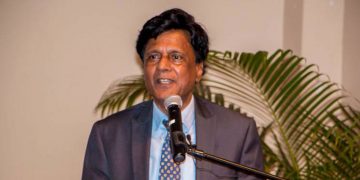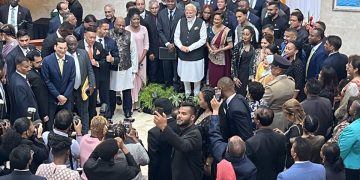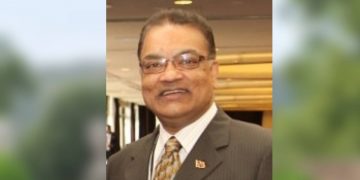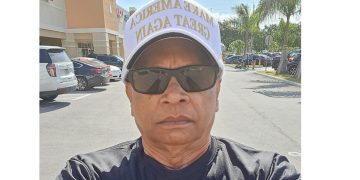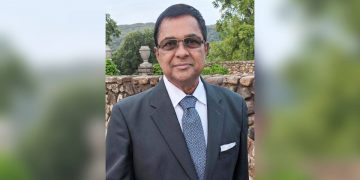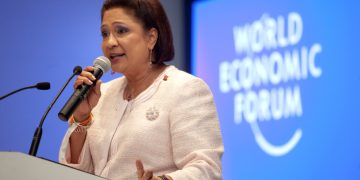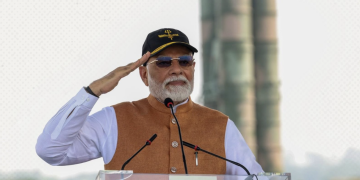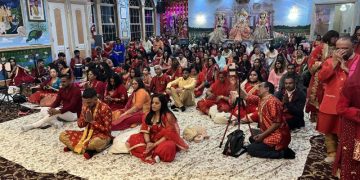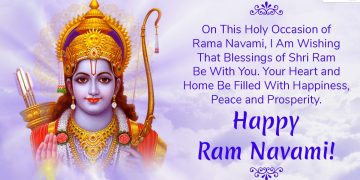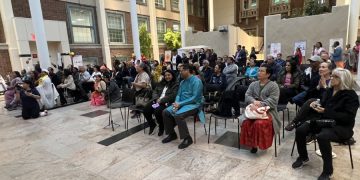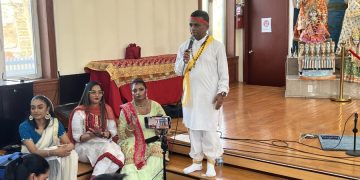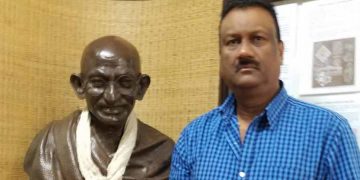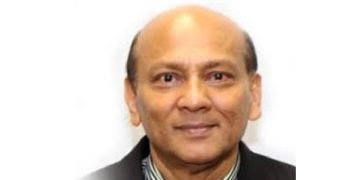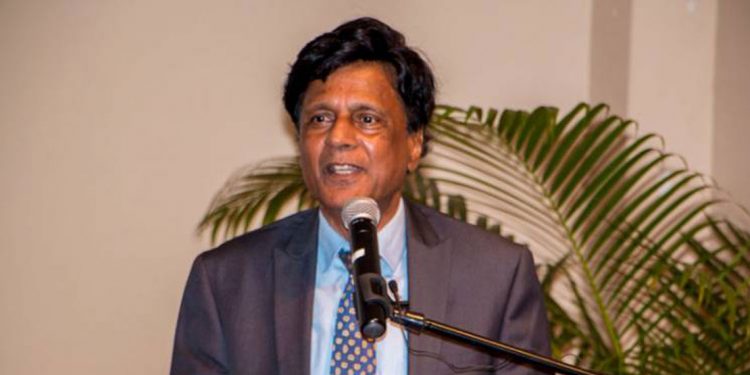ROAR of Ravi Dev
Observing the rhetoric deployed in the blogsphere, social media and the letter-pages of the newspapers, I have been struck by the ubiquitous invocation of the trope of “400 Black youths killed during the PPP years” to argue that no matter how badly the PNC-led coalition performed during the last five years, they should be returned to office. In an effort to examine this claim factually, the Stabroek News went back to its archives and laboriously listed the 420 persons murdered between Feb 23, 2002 and Sept 2006.
They found that “151 had been murdered by bandits; 239 killed during confrontations with police and in unexplained circumstances and 30 security officers murdered.” But what was most revealing was that there were 105 Indian Guyanese listed among the 420 killed overall and all were killed by the bandits: this is never mentioned by the polemists. Also never mentioned is the killing wave that immediately preceded the prison breakout and following the 1997 elections.
As I wrote at the time, “In the wake of violent urban protests by the PNC in Georgetown after that party claimed that the December 1997 general elections were rigged, anti-Indian riots erupted in Georgetown on Jan. 12th 1998. Throughout 1998, the kick-down-the-door banditry against Indians intensified to such an extent that one magistrate called it “guerrilla warfare against Indians”. In this new round of violence in which thirty-one Indian and one African-Guyanese were murdered, Indian businessmen were the targets. The attacks and murders – primarily on Indians – continued in tandem with regular protest-related violence in Georgetown during 1999 and 2000.”
The point I wish to make is if we are ever to even begin addressing our political quagmire, we have to question the one-sided narratives that are being deployed in the present and which only serve to widen the chasms between our two major groups. But this slanted, toxic version of our history started even as the events were still unfolding. In 2004, I spoke at the Square of the Revolution at a “People’s Movement for Justice (PMJ) Rally”, to support calls for a Commission of Inquiry into the killing wave sweeping Georgetown and the East Coast.
In the Indian community, this was seen as supporting the PNC, but I felt that Guyana needed a professional police force to deal with criminality and resorting to vigilante groups was exacerbating our crisis. But at the beginning of the event, to a roll of drums, the names of only the persons killed by the police were announced in commemoration and mourning: it was the beginning of the lopsided accounting of our millennium political history. I warned:
“We cannot have the lives of our sisters and brothers snuffled out with impunity. And I would like to say that when I listened to the litany of deaths when this meeting began, I was saddened because – and again I speak my truth to you – not only those who were gunned by the arms of the state we should mourned, but we should also mourn every individual, every innocent individual, who were killed by others. So it means that, that litany should include the Indians also who were killed by bandits, the Africans who were killed by bandits, the Chinese or whoever were killed by bandits. They also, they also suffered the ultimate denial of their human rights – the right to life.”
What we are witnessing in Guyana with its one-sided narrative, is not unusual is areas with ethnic conflict and in fact, the phenomenon has been described as “memory wars”. A distinction is made between “history” and “collective memory” in that while even the former’s authors may be selective in their recordings and silencing, the latter is even more distorted being what is “memorised” and “memorialised” by groups.
As one author suggests, “it might be useful to think in terms of different ‘memory communities’ within a given society. It is important to ask the question, who wants whom to remember what and why?” There are the “mnemonic warriors” who insist that only their narrative of history and memory are “the truth” and must determine our actions into the future.
I am a “mnemonic prospective” and believe that the positions of the different “histories” and “memory communities” must be integrated to create a vision of a future that delivers justice, dignity and respect to all of us in Guyana.
